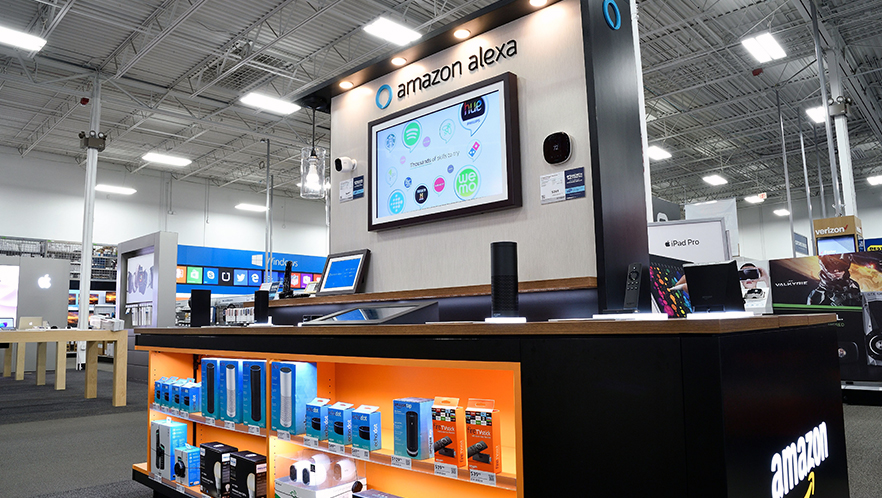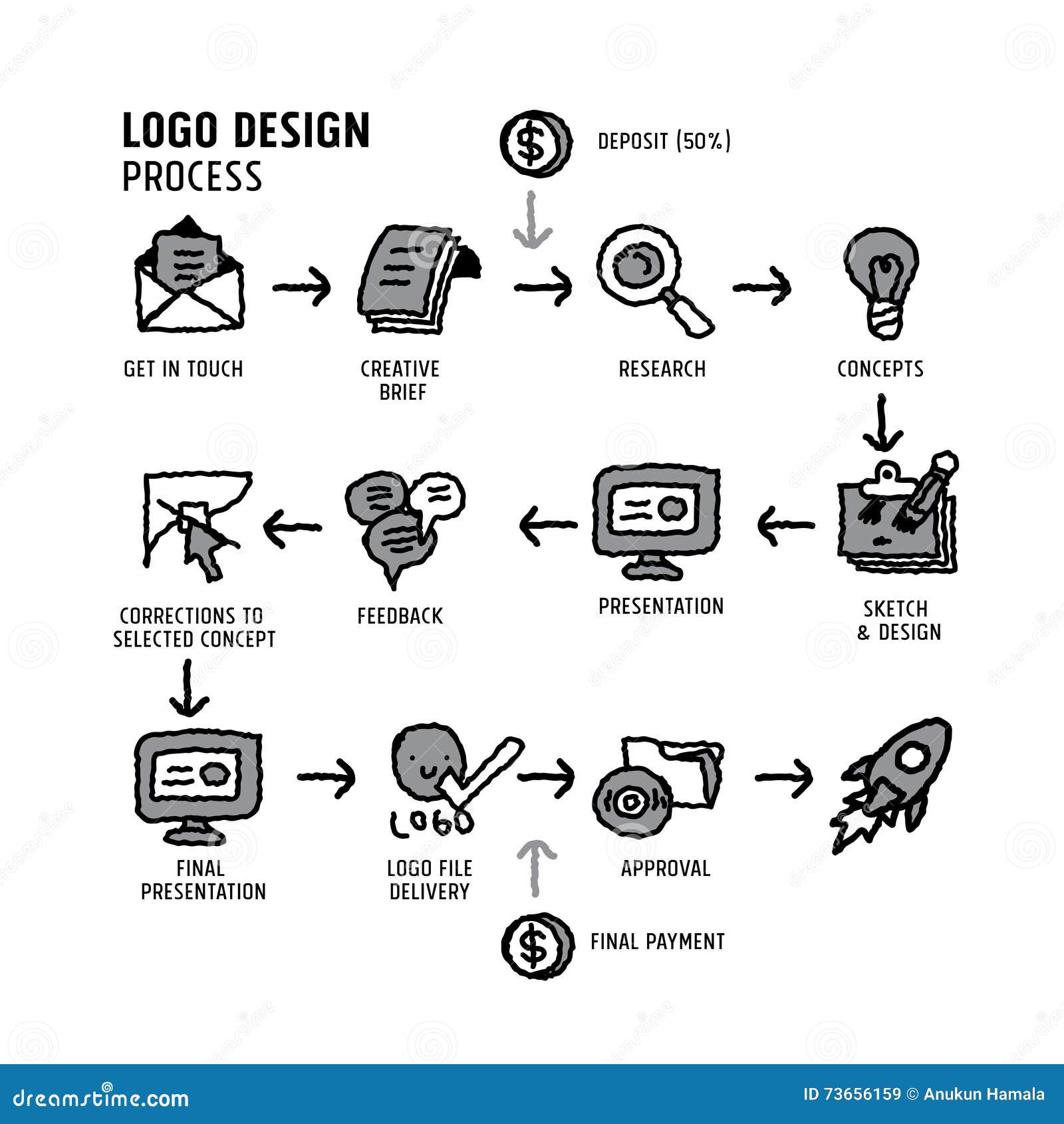Table of Content
This is something you'll want to be sure you understand before you purchase a HUD home. As a buyer, it's your responsibility to order a home inspection -- this step is critical with a foreclosure. You'll want to know about every potential issue because there's a strong chance you'll have to buy it as-is. Foreclosure rates have been relatively low since the foreclosure moratorium was established in 2020, to offset financial challenges during the pandemic.
This is the first and most obvious benefit of buying foreclosed homes. Every real estate investor would want to cut down some expenses when buying an investment property. This is possible when buying foreclosed properties because they are being sold for a much cheaper price than their original market price! More often than not, the property investor buying foreclosed properties gets to pay much less for the investment property than what it’s worth. However, property investors need to keep in mind that foreclosed properties are usually in a distressed situation and not in great conditions.
Foreclosure auction: Best for more experienced buyers
No matter where you are in the home buying and financing process, Rocket Mortgage has the articles and resources you can rely on. Sometimes, you don’t get the chance to order a home inspection or appraisal before you buy. You should only consider buying these types of foreclosed properties if you’re advanced at home repair.

They’re often willing to accept less than the home's current market value. For other types of foreclosures, it’s helpful to understand that banks, local law enforcement, and government agencies are not in the business of selling real estate. It’s often in their best interest to sell any real estate they acquire quickly and efficiently. Many property investors would assume that since banks are in a hurry to sell foreclosed properties, then they’ll quickly accept any offer that comes their way. Because foreclosed homes are below market value, a lot of property investors compete to buy these income properties, so your offer could be rejected.
Best Places to Invest in Real Estate
Unlike conventional home buying, there are actually several steps to selling a foreclosed home, each with its own set of rules and ways of payment. It's vital to understand the current housing market in your area before you make an offer. Supply and demand for foreclosures may follow their own specific market trends, so research is critical. Look for agents in areas with high foreclosure rates or ask your lender if they partner with any REO agents.
And the bank, which is trying to maximize how much it gets for the house, won’t spend a ton of money on upkeep. While you can work directly with the bank to buy the home, you might get a better deal by using a buyer’s agent who represents only your interests. As the seller, the bank will be responsible for the agent’s commission. However, since the bank might have to pay your agent’s commission out of the sale proceeds, the bank may be less willing to lower its price.
A Foreclosure Does Not Equal a "Good Deal" By Default
Most lenders will begin theforeclosure processwhen the owner falls three to six months behind. It’s important to do a title search before closing and purchase an owner’s title insurance policy to protect yourself. It’s also a good idea to have your financing lined up before making a bid. But even if you offer cash, don’t expect a deal on a bank-owned property to proceed quickly. Multiple pairs of eyes must review the deal and respond to your offer.

A short sale will still damage the homeowner’s credit score even if they took steps to repay their loan. Because foreclosures are often terrific bargains, they are popular with real estate investors looking to use them as rental properties or flip them for a quick profit. A pre-foreclosure is a sale that happens prior to the home being officially foreclosed. Typically, in this stage, the lender has notified the homeowner that they are behind in payments and given a period in which they can catch up. If the owner cannot catch up on their payments during this time, the house will be foreclosed.
Faster, easier mortgage lending
Often, the homeowner has the opportunity to arrange for a new payment plan with the bank before the home is sold. If you’re buying a foreclosed home, you are purchasing the home from the bank, not the home's original owner. A foreclosure is a home that has been put up for auction by a bank. Foreclosures happen when the owners stop making mortgage payments. As a result, the bank repossesses the house and puts it up for sale at a foreclosure auction.

In the case of a foreclosed property, the seller will make no upgrades or improvements. However, sellers do have an obligation to disclose the existence of lead paint. In some places, sellers may be required to disclose past structural defects, a history of flooding, or infestation. When an owner can no longer make payments on their mortgage, the bank takes possession of the home. The bank usually sends a notice of default after 90 days of missed payments.
With the housing market being as crazy as it is, you might want to jump in and become a homeowner. But there are a few things you should consider before making the plunge. And if you’re an investor who’s willing to put a little sweat equity into the project, you could make a pretty sweet return on investment. And talk to our friends atChurchill Mortgageabout getting preapproved before you start your home search, so you’re ready to make an offer when you do find the right place. The truth about the matter is that youcan finddeals when buying a foreclosed home. It can take a lot of time and work, and there are dozens of ways to mess it up.
An expert will walk through the home and write down everything that needs to be replaced or repaired. Because foreclosures usually have more damage than homes for sale by owner, you should insist on an inspection before buying a foreclosed home. Inspections and appraisals are both crucial when it comes to buying a foreclosure. An appraisal is a lender requirement that lets you know how much money a property is worth.
(And he’s one of the reasons we recommend paying cash for a car. No payment equals no repos.) A foreclosure is the same concept—but with houses. When a homeowner gets behind on their mortgage and can’t make payments, the bank moves to take the property back. You may not be able to use traditional mortgage financing to purchase a foreclosure at auction because these loans don’t close quickly enough. The auction may require quick payment via cash, certified check or wire transfer.
If you plan on purchasing a home at auction, attend one or two auctions to get comfortable and learn local procedures before committing to anything. If possible, get to know one or more "regulars" familiar with the system and buy them coffee or lunch in exchange for some tips and suggestions. And once again, consider working with a seasoned real estate professional who can offer knowledgeable advice.
After participating in an educational course, homebuyers are eligible for closing cost assistance and other benefits. You don’t want to use up your entire savings to simply buy the house, then be stuck with broken water lines or no power supply. Be sure to give proper caution to knowing how much money you’re working with to handle unforeseen problems, and be aware that certain repairs can take weeks to months to be completed. We’ve spoken with top experts and researched the different advantages and drawbacks to buying a house in foreclosure so you don’t have to.

No comments:
Post a Comment